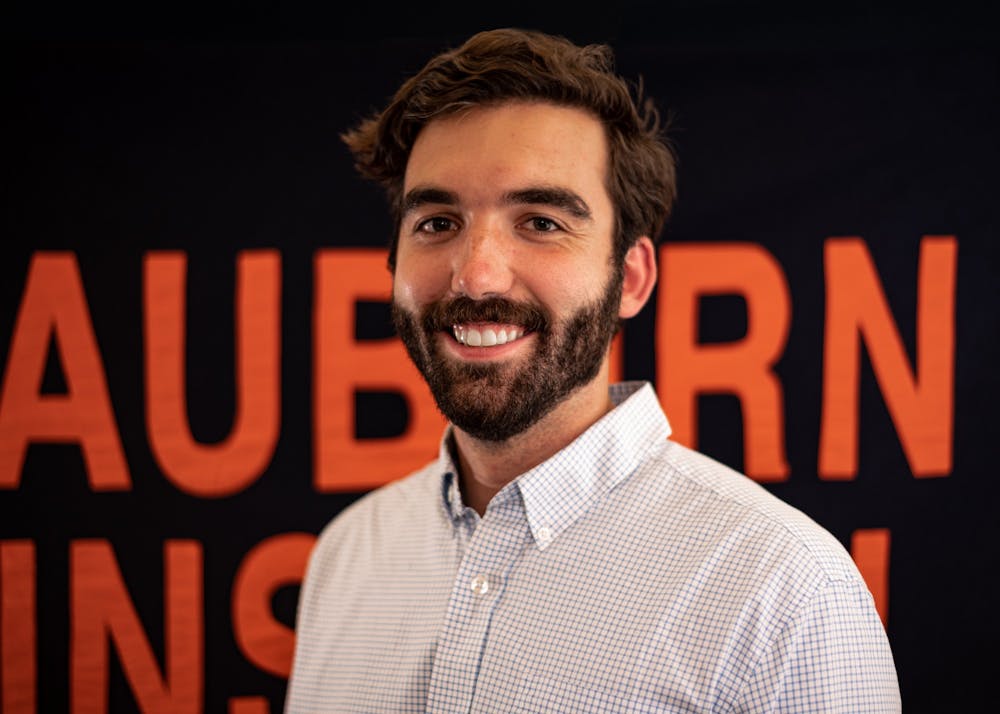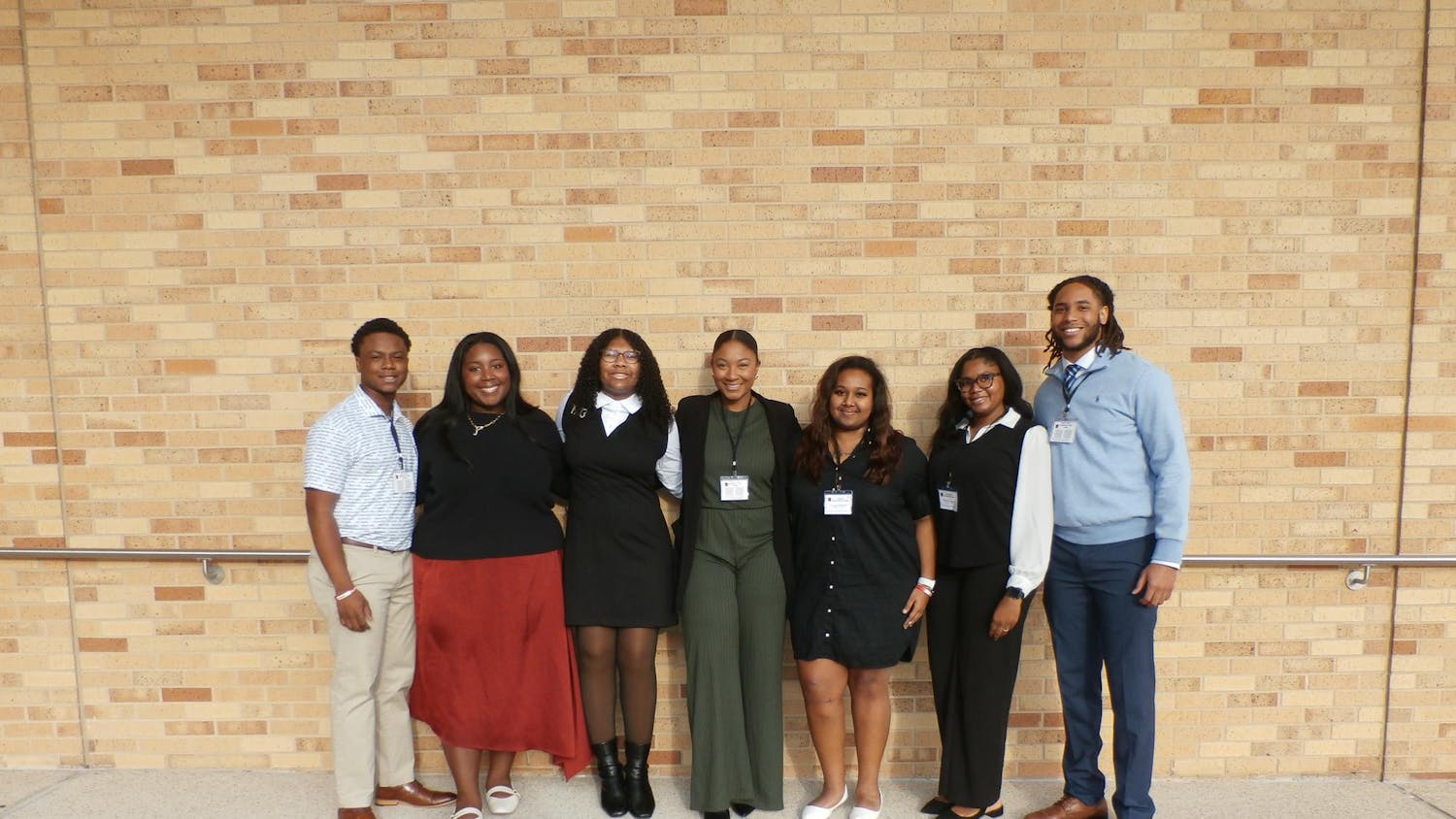In a meeting with Auburn student media, Dr. Fred Kam, director of the AU Medical Clinic, delivered the same message he’s given since the outbreak of the pandemic in early 2020: Wear a mask. Wash your hands. Stay away from large crowds.
Kam and Dr. Kimberly Braxton Lloyd, associate dean of clinical affairs and outreach for the Harrison School of Pharmacy, fielded questions about the University’s response to COVID-19, vaccine distribution, future plans and student activity, but consistently returned to repeating those simple steps.
Mask Compliance
“We’re asking [students] to put on a mask — that’s all we’re asking. It’s that simple, and we’re making it more complicated than it has to be,” Kam said. “It’s disappointing. I’ll be honest, it’s very disappointing. It’s very frustrating for us in health care, very frustrating.”
Kam said he’s struggled to understand why mask compliance has been such an issue on campus.
“By a show of hands, how many of you all don’t know you’re supposed to be wearing masks when you come on campus?” Kam asked. No one raised a hand. “Right. So it’s not a matter of not knowing, it's a matter of it’s uncomfortable, I don't like it, I don't need it, you know.”
Walking on Auburn’s campus, it would be hard to not know that everyone is supposed to wear a mask both indoors and outdoors. There are signs on every building. There is a large flashing sign on the loop for Tiger Transit next to the Melton Student Center. Mike Clardy, assistant vice president for communications and marketing for the University, said that messaging like this will continue to pop up on campus in the following weeks, especially as more classes transition to in-person instruction.
“It’s going to be hard to miss, I promise,” Clardy said. “And we’re hoping that people will heed the messaging that Dr. Kam was saying here.”
Kam said he believes more in-person classes can be done safely if mask wearing and physical distancing is enforced more strictly on campus.
Another concern that lies ahead for the public is the emergence of different strains of COVID-19 that may be more transmissible or deadly. But Kam urged everyone to follow the same guidelines medical experts have given.
“It doesn’t matter what the variant is — it’s the same virus at the end of the day, so the preventive measures are the same, exactly the same,” Kam said.
Sentinel Testing
Last semester, Auburn conducted sentinel testing through GuideSafe, which was controlled by the University of Alabama at Birmingham. Sentinel testing is designed to measure population spread by testing random individuals throughout campus.
Last November, Braxton Lloyd said that University administration decided to conduct sentinel testing on their own in the spring.
“Because we were collaborating with UAB, we really didn’t have control over fine tuning and customizing the program to meet the specific needs of Auburn University, our students and our faculty and staff,” Braxton Lloyd said. “It ran into issues, like if we had a technical problem, we couldn’t go in and correct it and be responsive to those problems.”
Handling it themselves gives University medical faculty more control over the entire program. Other than that, it is mostly run the same, except now, all students and faculty are automatically enrolled in sentinel testing. Last semester, students and faculty had to register with the program to be part of the pool from which individuals would be selected.
The applicant pool is larger and more representative of the University population now, Braxton Lloyd said. However, they’re still not testing as many people as they would like, due to the fact that testing is not mandatory. If one is selected for random sentinel testing, that person still has to sign up for a time slot to test, and there is no penalty for not testing.
“Our goal is to perform at least 750 tests per week,” Braxton Lloyd said. “That’s our goal, and we haven’t hit it.”
Only 402 students were tested as part of the sentinel testing program for the week ending Jan. 24.
"Even if you’ve had COVID in the past or you’ve already had your vaccine, everybody needs to participate," Braxton Lloyd said.
Braxton Lloyd said the only people who shouldn't participate in sentinel testing is those who are actively sick with COVID-19 or are in quarantine or isolation.
Do you like this story? The Plainsman doesn't accept money from tuition or student fees, and we don't charge a subscription fee. But you can donate to support The Plainsman.

Evan Mealins, senior in philosophy and economics, is the editor-in-chief of The Auburn Plainsman.





